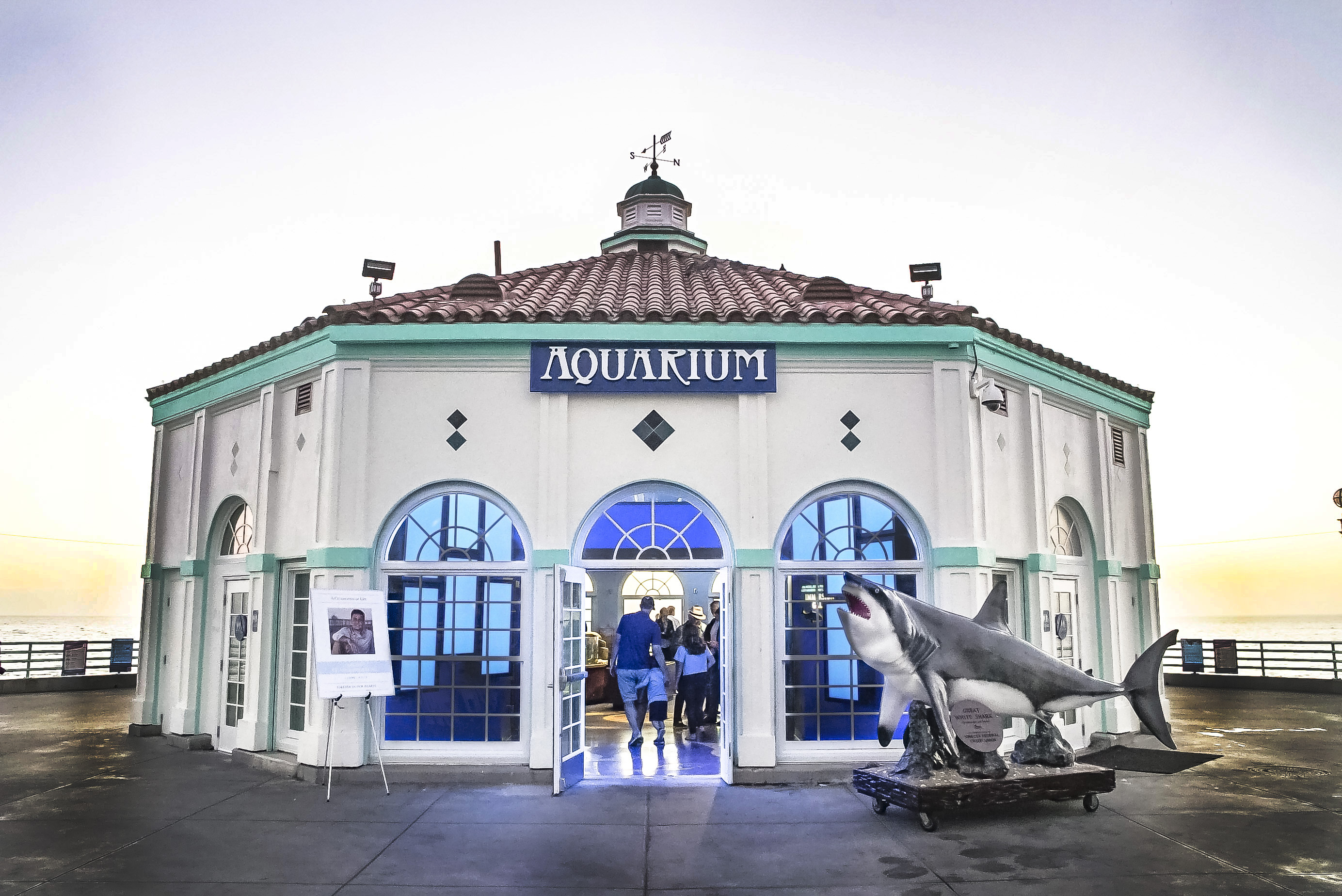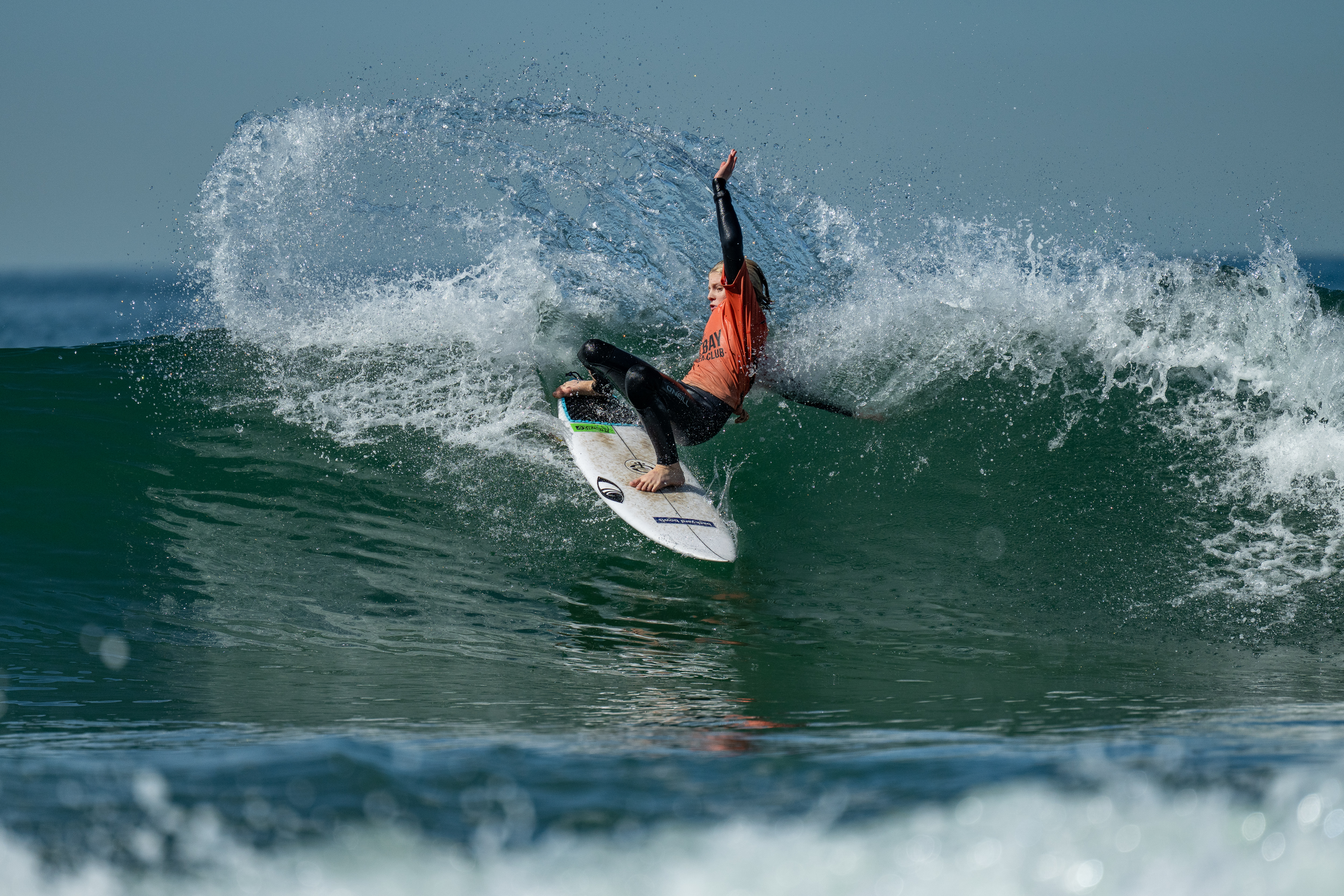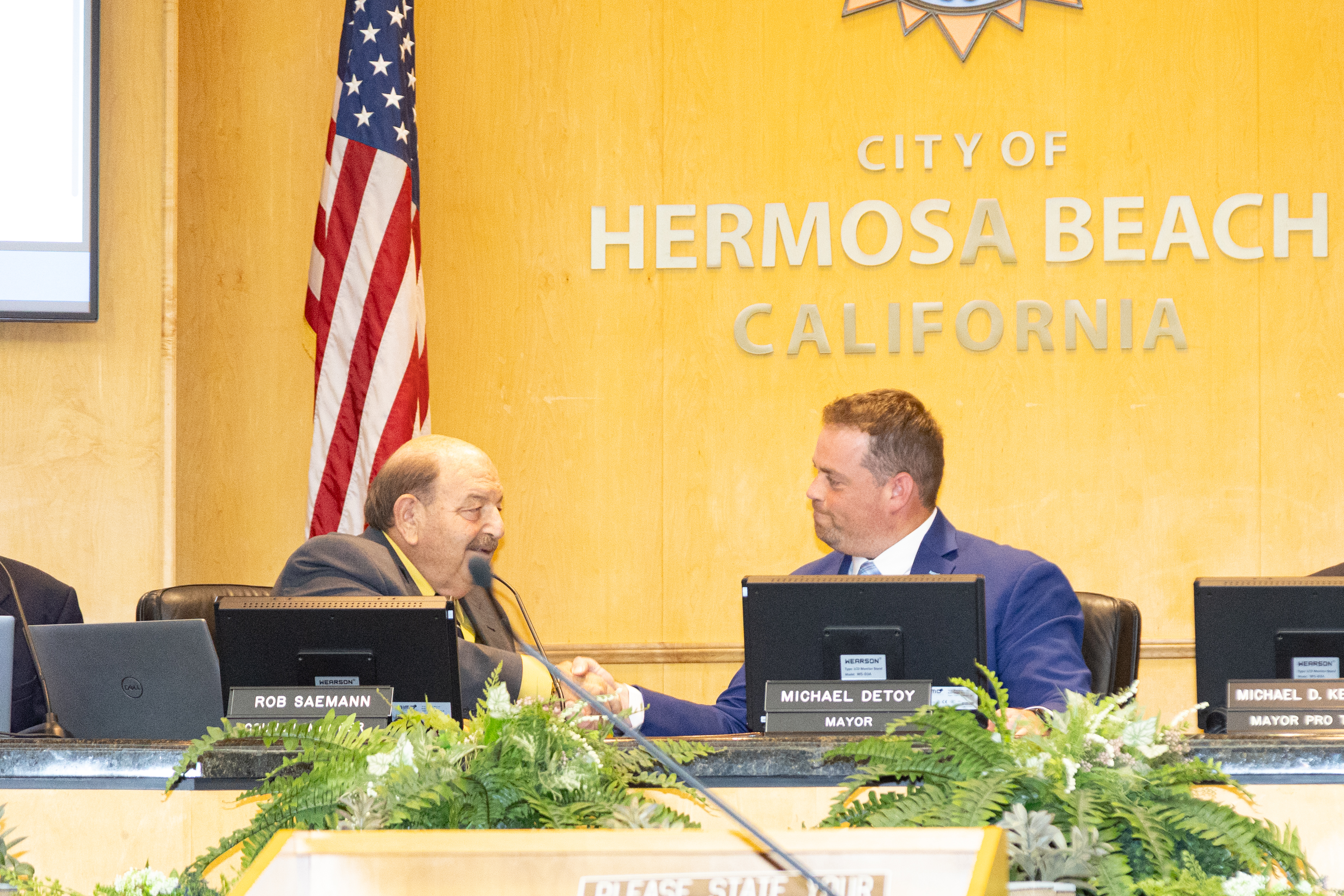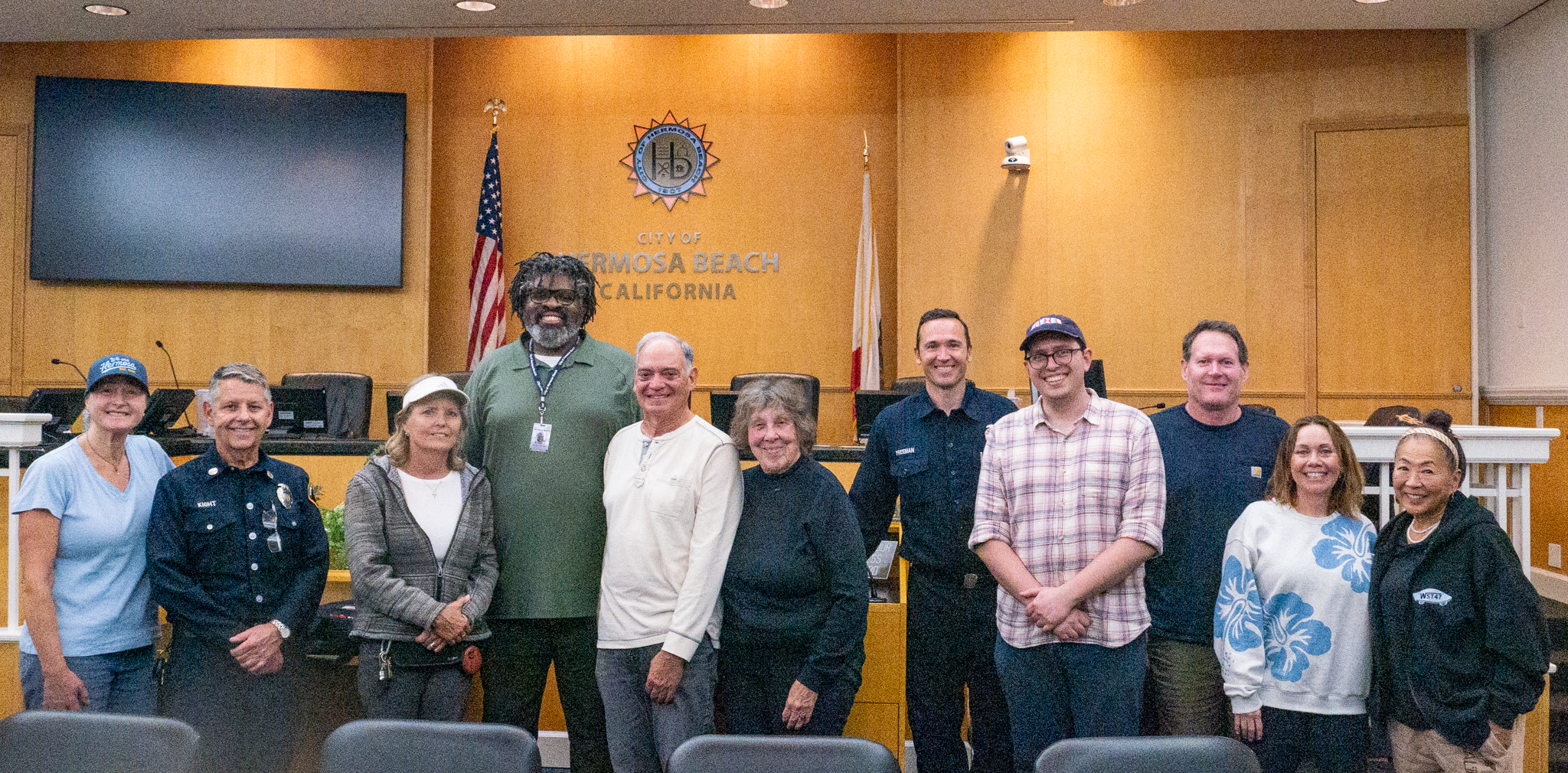
The Beach Cities Vitality City project officially kicks off with a walk next week. But the talk among walkers is what organizers hope will help achieve significant improvements in health and well-being throughout the beach cities.
The “Walking Moai ” kick-off event, which launches at all 11 elementary schools in all three beach cities April 25 and 26, will bring groups of people together to meet for early evening walks over the course of the following 10 weeks. Participants will be given free odometers, and the group that subsequently spends the most time together will be awarded an as-yet unspecified prize.
Healthways/Blue Zones Vitality City beach cities manager Veronica Flores said that the hope is that the Moai groups will form lasting bonds. The term itself comes from Okinawa, Japan, an area deemed one of the world’s “Blue Zones” by a National Geographic study that examined areas where the longest living and healthiest people in the world live. In Okinawa, parents match groups of children at the age of five to form Moai’s.
“They build social connections that last a lifetime, and in fact in Blue Zones there are centenarians who were brought together as children who are still meeting and have been significant support for one another all these years,” Flores said. “The whole idea is that it is much easier going through life knowing there is a safety net for each other.”
“That is really what we are doing in creating the experience of walking Moai’s here,” Flores added. “This is not really an exercise program, even though people are going to be walking. Its primary purpose is really bringing people together, to bring the opportunity to create social connections that will hopefully last a lifetime.”
The Blue Zones research, which was lead by explorer and writer Dan Buettner, resulted in a book that derived empirical-based lessons on living longer and qualitatively better. Those lessons were first applied in a systematic way in the Blue Zones Vitality City pilot project in Albert Lea, Minnesota, in 2009. Over the course of nine months, several programs, including walking Moai’s, were implemented that measurably improved health in the city of 18,000 people. Most notably, residents’ projected longevity increased by three years, participants lost an average of three pounds each, and health care claims among city and school employees dropped by 32 percent.
The Beach Cities Health District last year submitted a bid to become the next Vitality City that was supported unanimously by all the elected officials in Manhattan Beach, Redondo Beach, and Hermosa Beach. The beach cities were chosen among 55 other applicants. The program will last three years and is intended to create a national model.
Buettner, who will attend the kick-off, wrote in a National Geographic article that social connectedness is one of the most striking aspects in Blues Zones, where people on average live 10-12 years longer than in the United States. One Moai he spent time with in Okinawa consisted of five women who had been together 97 years and whose average age was 102.
“We know that isolation kills,” Buettner wrote. “Fifteen years ago the average American had three good friends. We’re down to one and half right now. If you were lucky enough to be born in Okinawa you were born into a system where you automatically have a half a dozen friends with whom you travel through life….If you’re in a Moai you’re expected to share the bounty if you encounter luck, and if things go bad, a child gets sick, a parent dies, you always have somebody who has your back.”
Flores said that research has shown that social networks can encourage both healthy and unhealthy behaviors.
“One study at Harvard spent 32 years following a number of individuals,” she said. “It followed the prevalence of obesity in a large social network and found that a person had a 57 percent chance of becoming obese if one of his or her friends became obese….So we want to align that same social network effect, that social interconnectedness, to support healthy behaviors.”
Joel Spoonheim, who managed the Vitality City project in Albert Lea, said that an unusual thing occurred during the course of the ten week program – it increased from 400 to 600 people participating.
“Statistically, most walking programs that are six to ten weeks have a decrease in participation from day one to the last day,” he said. “Our program had an increase in participation of 50 percent, because people saw their neighbors having fun and experiencing community.”
Spoonheim recalled one man in particular who was morbidly obese and had trouble finishing the six-block walk at the Walking Moai kickoff. By midway through the program, he was walking three miles nightly and his clinically-diagnosed depression had lifted. Though his was the most dramatic success story, many people in Albert Lea did something equally remarkable – they got to know their neighbors.
“You know, there is a myth that in small towns people know each other,” Spoonheim said. “At that kick-off event, we asked if anyone knew 50 or 80 people there. No hands went up. It wasn’t until we asked ‘Do you know 10 or 15 people’ that any hands went up. So in every Moai, people are meeting people they didn’t know – that is a direct result that people will experience here. People don’t necessarily know their neighbors or colleagues. It’s a chance to get to know people.”
The walks take place from 6 to 7:15 p.m. The groups become self-organizing and ultimately chose their own neighborhood meeting places and destinations. Several of the groups in Albert Lea began volunteering together, while one of the Walking Moai’s started going to the city pound to take the dogs out for walks together. Flores said that volunteerism will be encouraged in the beach cities, as well – volunteers worldwide show higher levels of health and happiness – but biggest hope will simply be that people have fun together.
“Walking itself has so many different potential impacts,” she said. “One is weight management in itself, the positive health impacts of moving about. But second, by walking and being engaged with people you like, a group of people that has an affinity to you, research shows it can have significant impacts on stress levels. The opportunity is just to get away for a little while.”
See vitalitycity.com for information on the meeting places and to sign up.








